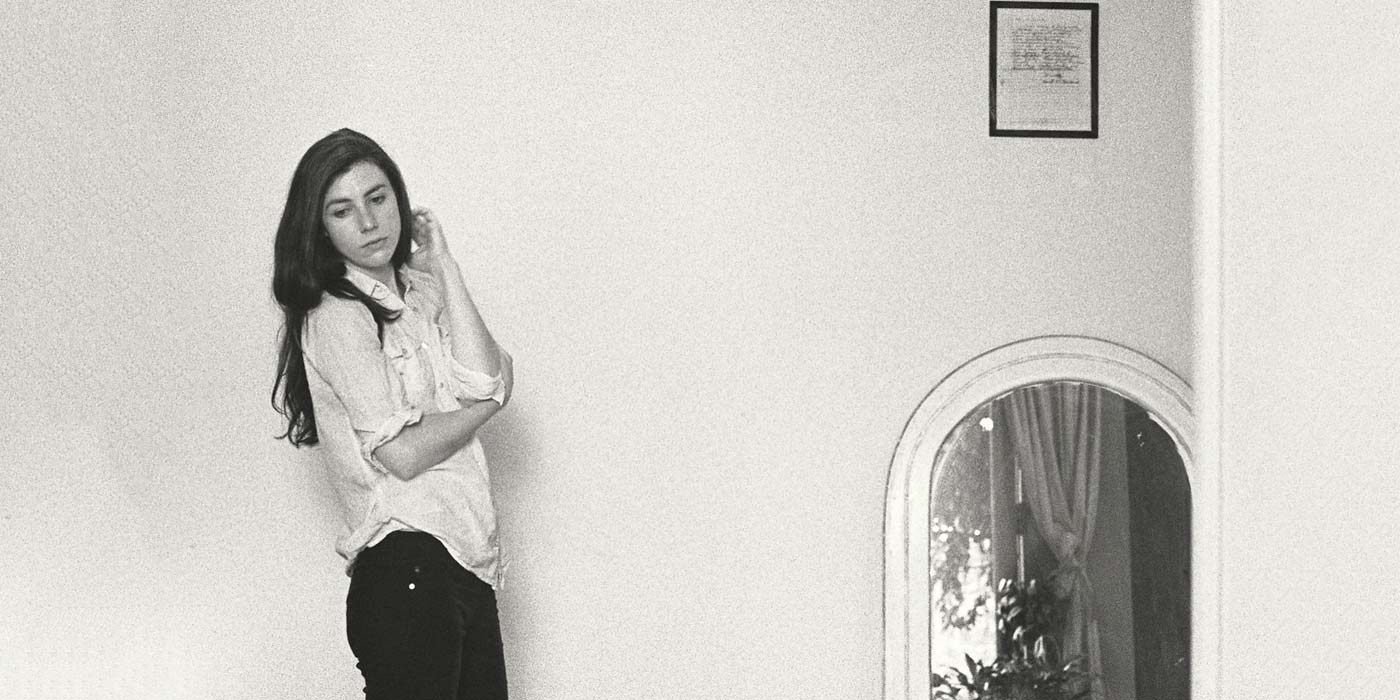When reviewing an album, I listen to it repeatedly in the days prior to writing. This process often makes good albums tiresome, and bad albums excruciating. Over the last week, I’ve listened to Julia Holter’s Have You in My Wilderness about 20 times. It hasn’t gotten old. Rather, with each listen, I grow more and more astonished at how stunning it is.
Have You in My Wilderness infuses Holter’s adventurous take on jazz and classical music with a pop sensibility. We saw hints of this in 2013’s Loud City Song, but the long ambient sections of that album have been refined here. And while there is still an ear towards atmospherics on Have You in My Wilderness, Holter squares her focus on moving towards more conventional songwriting. While this typically raises red flags, especially for an artist like Holter, she marries the ambitious with the conventional without compromising either.
This marriage starts with the theme of the album itself. While not a concept album — or a love album — most of the songs do deal with a tried-and-true songwriting topic: a relationship with a boy. This is not a traditional love story, but rather I think of it like “the Alpha Couple” from the Mountain Goats’ Tallahassee. This couple can only express their love negatively; they’re fated to alternate between dependency and resentment. They simultaneously push each other away and can’t live without each other. Or, using the nature imagery Holter is such a fan of, the sea calls her home. He will swim to her, but she can’t swim.
Holter’s ambition shines through on the instrumentals. They range from warm and lush to cold and distressing, demonstrating the mood whiplashes she’s subject to in this relationship. “Sea Calls Me Home,” with its bright harpsichord and stomping snare on beats one and three, recalls the Beatles’ “All You Need is Love.” I appreciate the irony that we’re calling up that song on an album that delves so deep into the destructive powers of love, and I’m thankful “Sea Calls Me Home” isn’t a bullshit song that tries to sloganeer away human suffering in an effort to absolve the listener of guilt.
Despite this push for accessibility, Holter retains the extended outros and dramatic mood shifts that made Loud City Song such a strong work. This is done best on “Silhouette,” a track where Holter is returning rather than running. The soaring strings give a sense of grandeur, and the way Holter’s melody ascends then descends gives off hope. This feeling is broken in the outro, though: Holter’s keys turn icy cold, the backing vocals become overwhelming, the strings play a horror movie clatter and that feeling of hope and comfort shatters.
What separates Have You in My Wilderness from Holter’s past work are the vocal melodies, the choruses, the piano lines — the small things.
I understand that Julia’s wilderness isn’t a safe place, but I also don’t want to leave it. I will keep returning, and returning, and returning. I can’t think of many better places to drop anchor.[spacer height=”12px”]



